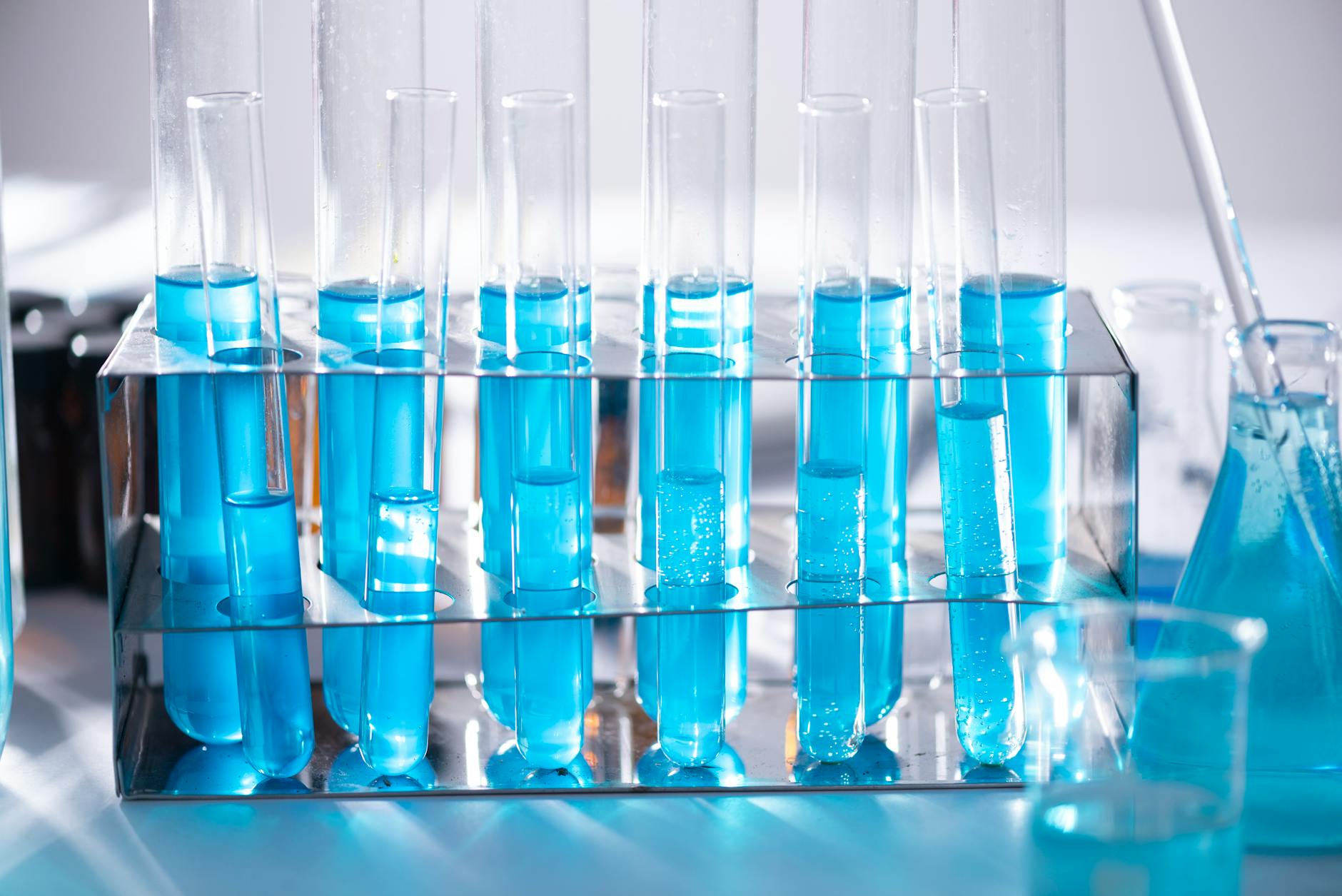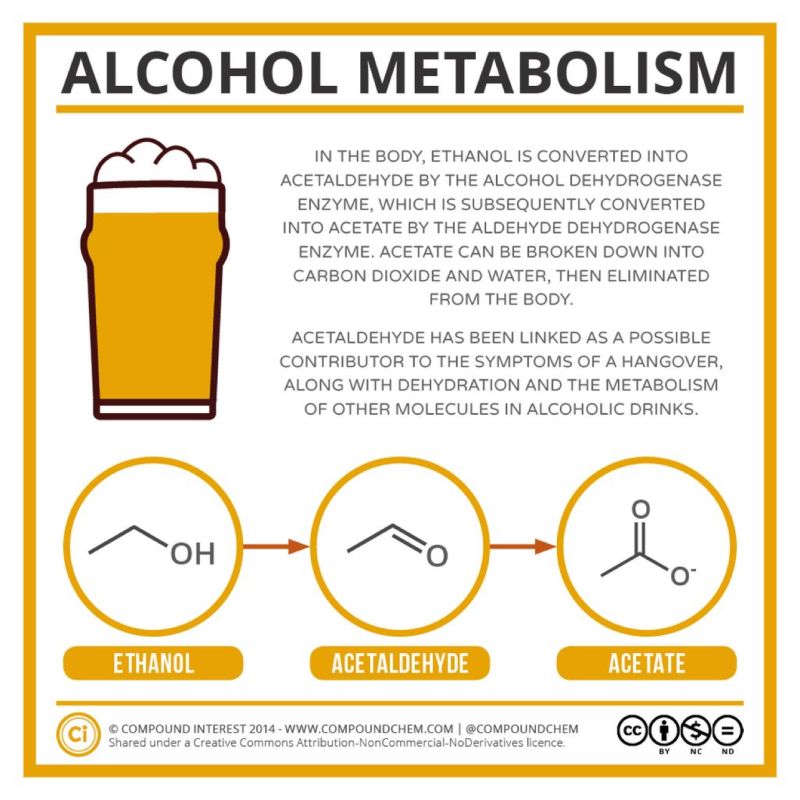Unlocking the Hidden Secrets: Delve into the Intriguing World of Alcohol Metabolism – Prepare to be Amazed!

Image courtesy of Chokniti Khongchum via Pexels
Table of Contents
Have you ever wondered how many beers it takes to get drunk? It’s a question that has lingered in the minds of many, often leading to spirited debates and varying interpretations. In this blog post, we will dive deep into the science behind alcohol metabolism, individual tolerance levels, and the various factors that influence intoxication. By uncovering the mysteries behind these aspects, we hope to demystify the timeless question of how many beers it takes to get drunk.
Alcohol Metabolism: Unveiling the Science Behind Intoxication
Alcohol metabolism, a complex process that occurs primarily in the liver, plays a critical role in determining the level of intoxication one experiences. When you consume a beer, the alcohol enters your bloodstream through the stomach and small intestine, eventually making its way to the liver for processing.
The liver breaks down alcohol using enzymes, specifically alcohol dehydrogenase (ADH) and acetaldehyde dehydrogenase (ALDH). ADH converts alcohol into acetaldehyde, a toxic substance, which is then transformed into acetate by ALDH. Finally, acetate is broken down into water and carbon dioxide, which can be easily eliminated by the body.
Now, here’s where individual differences come into play.
Factors Influencing Alcohol Metabolism
Alcohol metabolism can vary from person to person due to a range of factors. One such factor is gender. Women typically have lower levels of alcohol dehydrogenase, the enzyme responsible for breaking down alcohol. As a result, women tend to metabolize alcohol at a slower rate than men, leading to higher blood alcohol concentrations and longer durations of intoxication.
Body weight also plays a role in alcohol metabolism. leading individuals with a higher body weight have more body water to dilute alcohol, resulting in lower blood alcohol concentrations. Conversely, individuals with lower body weight may experience quicker and more intense intoxication due to a higher concentration of alcohol in their bloodstream.
Additionally, genetic predisposition can influence alcohol metabolism. Variations in genes encoding the enzymes involved in alcohol metabolism can affect the efficiency of the process. Certain genetic variations may result in slower alcohol breakdown, leading to a heightened sensitivity to alcohol’s effects and increased risk of intoxication.
Individual Tolerance Levels: The Impact of Genetics and Experience
While alcohol metabolism is a critical factor, an individual’s tolerance level also plays a significant role in determining how many beers it takes to get drunk. Tolerance refers to the body’s ability to withstand the effects of alcohol due to regular alcohol consumption.
Genetics can influence an individual’s alcohol tolerance. Some people naturally possess a higher tolerance due to genetic factors, while others may have a lower tolerance. This genetic predisposition can make it challenging to establish a standard measure for intoxication. What might be enough to get one person tipsy could hardly affect another.
Furthermore, experience with alcohol consumption can shape an individual’s tolerance level. Regular drinkers may develop a higher tolerance through an adaptive process. The repeated exposure to alcohol prompts the body to increase the production of enzymes involved in the breakdown of alcohol, leading to faster metabolism and potentially higher tolerance levels.
Factors Influencing Intoxication: Beyond the Number of Beers
It is essential to recognize that the number of beers alone cannot accurately predict intoxication levels. Various other factors can significantly influence how quickly and intensely one becomes intoxicated.

Image courtesy of www.linkedin.com via Google Images
The alcohol content in a drink is crucial in assessing intoxication. Different beverages can have varying alcohol concentrations, with some beers having higher alcohol content than others. This means that even if you consume the same number of beers, the alcohol content can vary, leading to differing levels of intoxication.
Alcohol absorption rate is another influential factor. Drinking alcohol on an empty stomach allows it to be absorbed rapidly into the bloodstream, leading to a quicker onset and potentially higher levels of intoxication. Conversely, consuming alcohol along with food can slow down absorption, mitigating the effects to some extent.
Drinking speed also matters. Downing several beers rapidly can cause a sudden surge of alcohol in the bloodstream, leading to faster intoxication. It is always advisable to consume alcohol at a moderate pace, allowing the body time to metabolize it gradually.
Lastly, hydration and overall health play a vital role. Dehydration can worsen the effects of alcohol, as the body relies on water to break down the substance. Additionally, certain health conditions and medications can interact with alcohol, intensifying its effects.
Conclusion
While determining how many beers it takes to get drunk is an intriguing question, the answer is far from straightforward. Alcohol metabolism, individual tolerance levels, and various influential factors make it a complex puzzle. Understanding the science behind alcohol metabolism, the impact of genetics and experience, and the other factors discussed in this blog post can shed light on why it is challenging to establish a definitive answer.
Ultimately, it is crucial to approach alcohol consumption responsibly and make well-informed decisions. Know your limits, be aware of the factors that can influence intoxication, and prioritize your safety and well-being above all.
FAQ
How long does it take for the body to metabolize alcohol?
On average, the body takes about one hour to metabolize one standard drink of alcohol. Factors such as body weight, gender, and genetic variations can influence the rate of metabolism.
Can drinking water or coffee speed up alcohol metabolism?
Drinking water or coffee does not accelerate alcohol metabolism. Only time allows the body to break down and eliminate alcohol. Hydrating with water can help with dehydration, but it does not affect the actual metabolism process.
Does eating before drinking alcohol reduce intoxication?
Eating a meal before consuming alcohol can slow down the absorption of alcohol into the bloodstream. This can help reduce the intensity of intoxication and allow for more time for the body to metabolize alcohol.
Is it safe to mix alcohol with medication?
Mixing alcohol with medications can be dangerous and should be avoided. Alcohol can interact with certain medications, intensifying their effects or causing adverse reactions. It is important to consult with a healthcare professional or read the labels of medications to understand their potential interactions with alcohol.
Leave a Reply